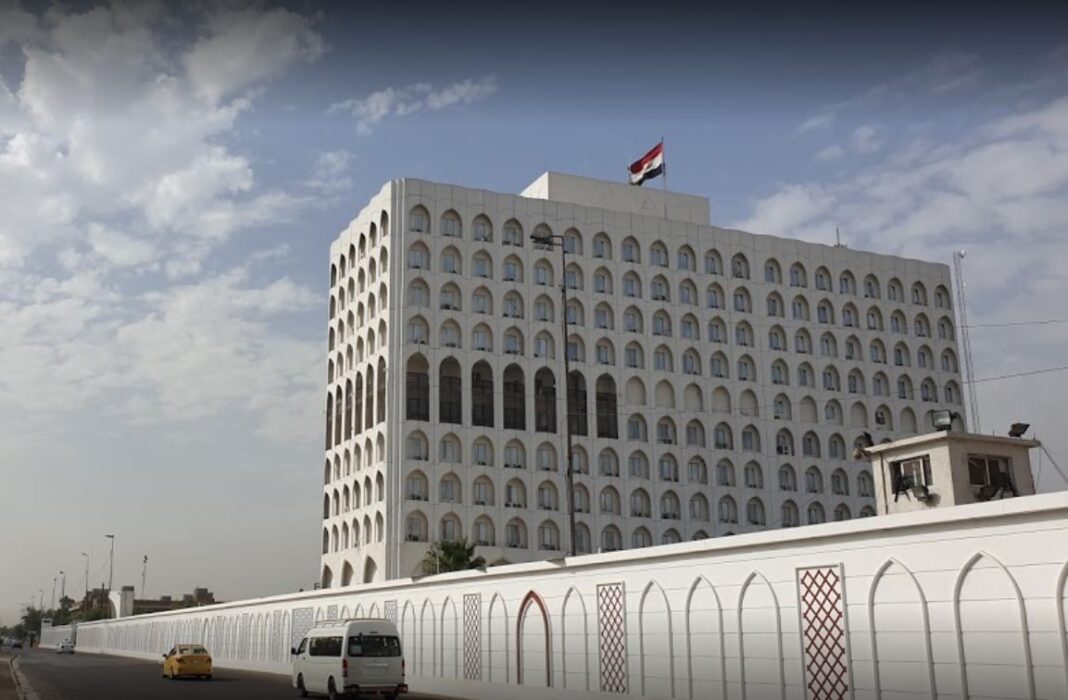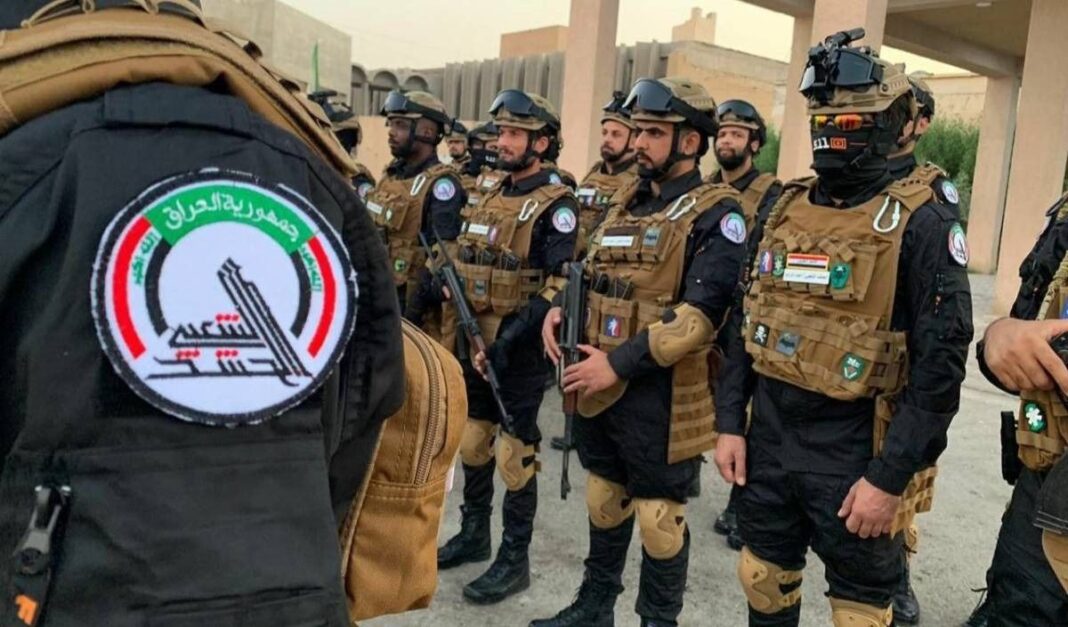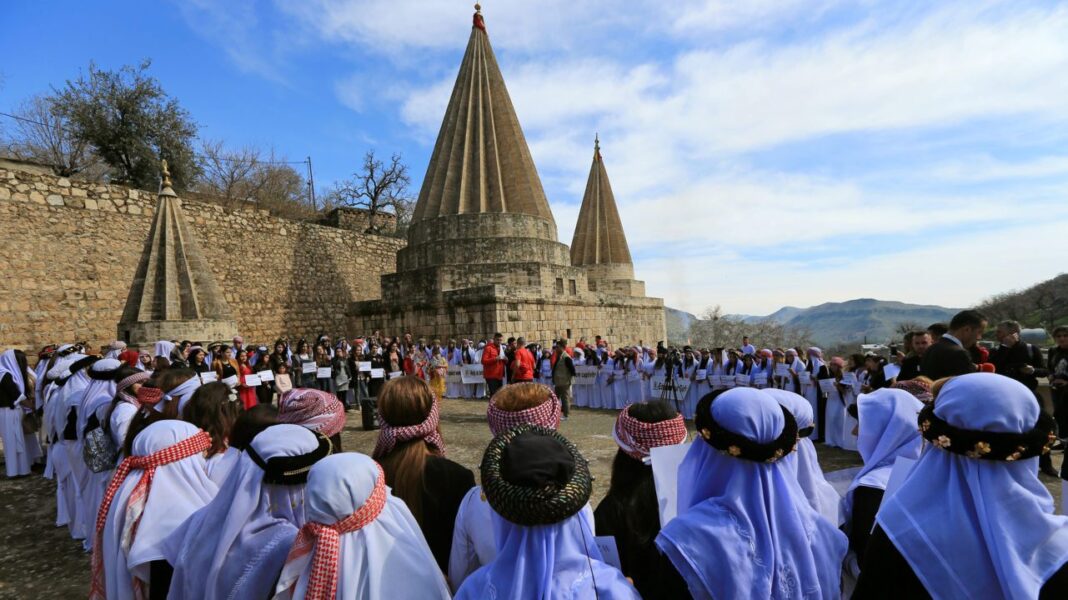Iraq’s Foreign Ministry firmly rejected widespread reports about its latest Iraq’s ambassadorial nominations. The ministry called these reports and leaked documents false and misleading. Officials stressed that the circulating lists do not represent official selections or true candidate qualifications.
Moreover, the ministry accused some political actors of exploiting the situation for electoral and personal gain. These individuals, many who failed the selection criteria, are trying to discredit the nomination process. They have published forged résumés and false information to sow doubt. The ministry warned that these actions aim to undermine Iraq’s diplomatic credibility and disrupt the selection system.
The selection process lasted two years. A high-level committee carried it out using strict, objective standards. Despite this, criticism grew as leaked names circulated. Some nominees reportedly have ties to powerful political figures. This raised questions about transparency and legality from parliament members and others.
More than 100 members of parliament signed a proposal to amend the Foreign Service Law. They want to restrict external appointments. Legal experts argue that the government already exceeded the 25% cap on non-diplomatic nominees. The ministry responded by clarifying the nominee makeup.
Half of the nominees are seasoned diplomats holding ranks like Minister Plenipotentiary or Counselor. Meanwhile, the rest include qualified academics, social figures, and national experts. By contrast, the 2009 appointments featured over 90% external nominees. Therefore, today’s distribution is significantly more balanced.
Filling vacant posts has become increasingly urgent. Currently, only 27 ambassadors serve, with 11 already at retirement age. Additionally, five more will retire by 2026. Meanwhile, Iraq urgently needs ambassadors for 94 foreign missions, 18 departmental posts, and 4 deputy minister positions. Consequently, this leaves over 90 ambassador-level roles empty.
In response, the ministry assured the public of its commitment to fairness, national balance, and competence. They reported that 62% of nominees hold postgraduate degrees. Furthermore, 23% are relatives of martyrs, political prisoners, or dismissed employees. Sixty-four percent come from public sector backgrounds. The remaining nominees include vetted academics, civil society professionals, and political figures aligned with transitional justice principles.
Finally, the ministry emphasized that strengthening Iraq’s ambassadorial nominations is essential. It clearly plays a vital role in protecting the country’s interests amid growing regional and global challenges.



